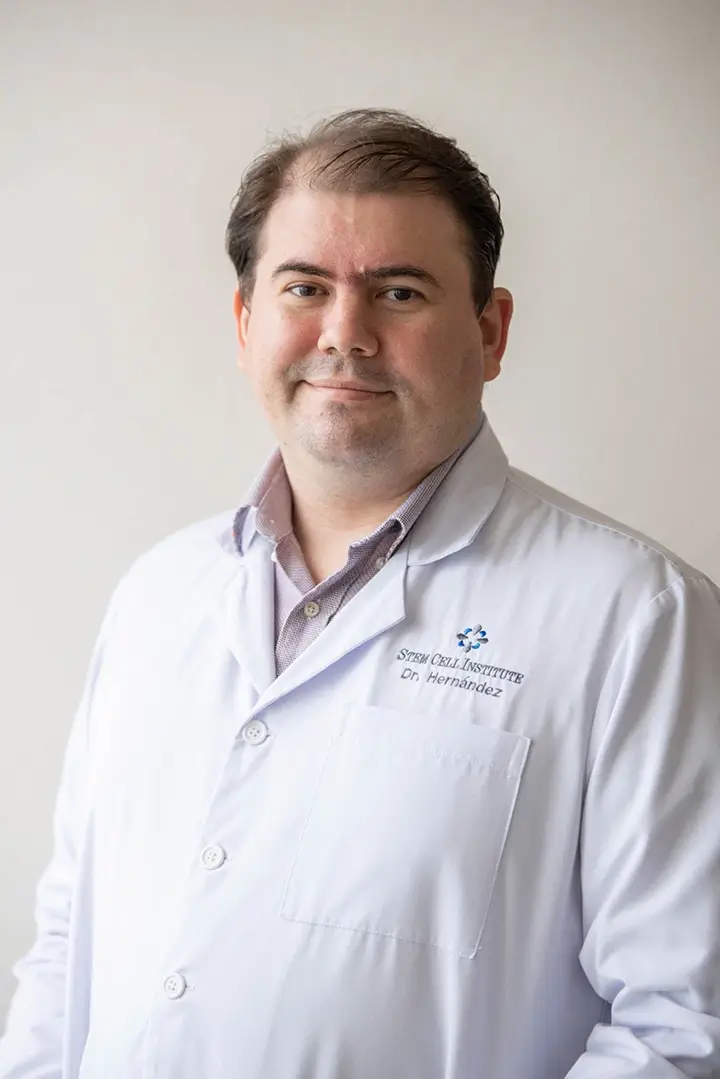A novel population of adult stem cells has been found to repair damaged heart muscle in an animal model, and the results suggest a wide range of therapeutic applications for human diseases and injuries. Led by Dr. John Huard, scientists at the Children’s Hospital in Pittsburgh, Pennsylvania have used myoendothelial cells, derived from skeletal tissue, to treat heart damage in mice which was similar to the damage found in humans following a heart attack.
The myoendothelial cells had been purified from human skeletal tissue, and were found not only to repair the injured heart muscle but also to stimulate angiogenesis (the growth of new blood vessels) within the heart, and the cells were also shown to reduce the formation of scar tissue following the injury, all of which dramatically improved left ventricle function. The formation of cardiac scar tissue following a heart attack is a common and serious problem and is often the cause of a second heart attack in many patients. Dr. Huard and his colleagues have now demonstrated that this particular population of adult stem cells, myoendothelial cells, adequately correct all types of damage to the cardiac tissue caused by heart attacks. In fact, at 6 weeks after injection, the myoendothelial cells were found to be 40 to 50% more effective in repairing heart muscle than were previous approaches which employed only myoblasts (muscle cells).
According to Dr. Huard, “This study confirms our belief that this novel population of stem cells discovered in our laboratory holds tremendous promise for the future of regenerative medicine. Specifically, myoendothelial cells show potential as a therapy for people who have suffered a myocardial infarction. The important benefit of our approach is that as a therapy, it would be an autologous transplant. This means that for a patient who suffers a heart attack, we would take a muscle biopsy from his or her muscle, isolate and purify the myoendothelial cells, and re-inject them into the injured heart muscle, thereby avoiding any risk of rejection by introducing foreign cells.”
Myoendothelial cells have previously been used as a therapy for numerous conditions, most recently in the repair of bladder muscle in women. Many diseases and injuries involve damaged muscle, of many varieties, and can therefore be alleviated with a treatment that not only regenerates muscle cells but which also stimulates angiogenesis and blocks the formation of scar tissue. Consequently, numerous therapeutic uses are expected for this population of myoendothelial cells, one of which includes the treatment of Duchenne muscular dystrophy (DMD), a genetic disease that strikes approximately one in every 3,500 boys and which is caused by a lack of the protein dystrophin, which gives muscle cells their structure.
As the Director of the Stem Cell Research Center at Children’s Hospital and professor and vice chair for research in the Department of Orthopedic Surgery at the University of Pittsburgh School of Medicine, Dr. Huard will begin clinical trials on humans next month.

